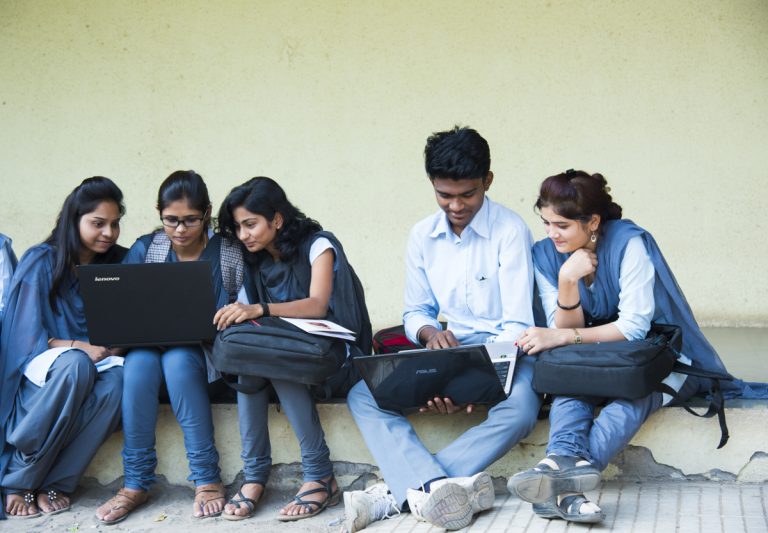
Australia has become the second most popular study destination for Indian students who want to pursue higher education, according to a recent UNESCO report.
Daily News & Analysis India (DNA India) reported that while the U.S. is still the number one country of choice for Indian students, Australia has unseated the UK from the second spot, following a four percent decrease in the number of students heading to the UK.
Last year, 48 percent of outbound Indian students went to the U.S., Australia welcomed 11 percent, while only eight percent went to the UK.
Experts attribute this decline to the UK government’s increasingly strict visa requirements for students from India, in addition to its push to significantly reduce the number of incoming students from overseas.
Australia edges out UK, ranks second in number of Indian students https://t.co/9bvc8r3IEn via @dna @S_kritika
— AIEC 2024 (@AIEC) February 13, 2017
Y.K. Sinha, the Indian High Commissioner to the UK, said: “In the field of education, we have a bit of a problem because the number of Indian students [in the UK], which was 40,000 or so in 2010, has dropped to 19,000. The U.S., which had 1,04,000 Indian students in 2010, has 1,66,000 today.”
“I think the UK universities are doing a great job, but I think we need to sort out the issues regarding visas. It is an area that both governments are talking to each other about,” he added.
While the U.S. continues to thrive in its popularity among international students, that may soon be at risk due to U.S. President Donald Trump and his anti-immigrant policies.
According to The PIE News, the Trump administration plans to introduce several bills “proposing changes to the popular temporary worker H-1B and L-1 visa programmes, with the aim of curbing abuse of the system”.
The H-1B visa is typically granted to highly skilled foreign workers in a speciality occupation, such as business management or engineering, and has widespread support among American corporations looking to hire foreign graduates, especially technology companies in Silicon Valley.
US: Bills propose changes to in-demand H-1B visa scheme: https://t.co/DubQ0O6zLl #intled
— The PIE News (@ThePIENews) January 23, 2017
What the U.S. and UK may lose in terms of international students, Australia aims to gain, especially through its liberalised visa norms and two-year post-study work visa.
For example, University of Technology Sydney (UTS), one of the Australia’s top universities, is expanding its presence in India.
UTS managing director Alex Murphy told DNA India: “The number of Indian students coming to Australia has been growing and we want to engage more with Indian students. Students in India are very keen, they know what they want.”
“With the current situation in the UK and U.S., we are expecting that Australia will get more students in the future. This is also because we provide a friendly environment to the students, and we acquaint them with the country and its culture before they actually start living and studying there,” he added.







